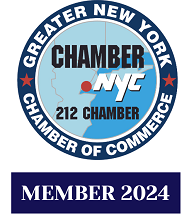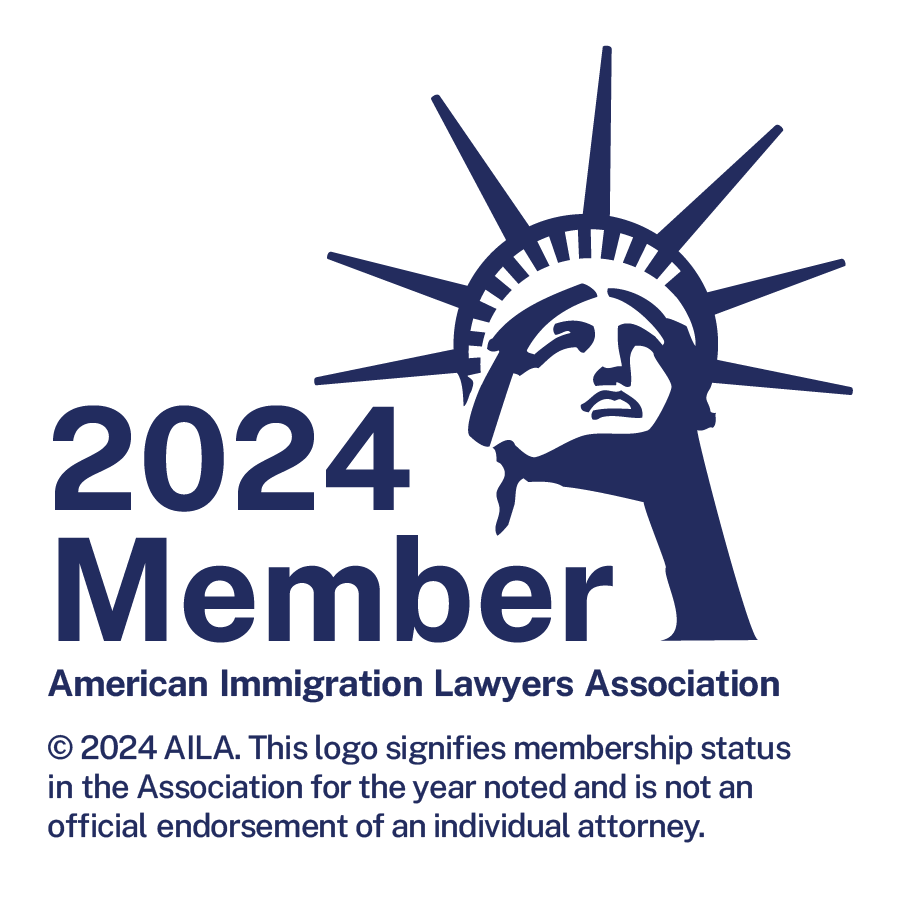Investment-Based Immigration (E-1, E-2- EB-5 Immigrant Investor Program)
Investment-based visa programs provide opportunities for foreign investors to contribute to the host country’s economy while obtaining immigration benefits for themselves and their families.
E-1 Treaty Trader Visa:
The E-1 nonimmigrant classification allows a national of a treaty country (a country with which the United States maintains a treaty of commerce and navigation, or which the United States maintains a qualifying international agreement, or which has been deemed a qualifying country by legislation) to be admitted to the United States solely to engage in international trade on his or her own behalf.
Certain employees of E-1 qualifying organizations may also be eligible for this classification.

What is the investment requirement for E-2 Treaty Investor Visa?
There is no minimum investment amount required, but the business activities must be substantial. To qualify, the applicant must be coming to the U.S. to engage in substantial trade, which generally means continuous transactions of sizable value.
Family of E-1 Treaty Traders and Employees
Treaty traders and employees may be accompanied or followed by spouses and unmarried children under 21 years of age. Their nationalities need not be the same as the treaty trader or employee. Spouses and children may seek E-1 nonimmigrant classification as dependents and, if approved, generally will be granted the same period of stay as the employee.E-2 Treaty Investor Visa:
Similar to the E-1 visa, the E-2 visa is available to individuals from treaty countries.
The E-2 nonimmigrant classification allows a national of a treaty country to be admitted to the United States when investing a substantial amount of capital in a U.S. business in which they will be actively involved. There is no fixed minimum investment amount, but it must be substantial relative to the total cost of purchasing or creating the enterprise. The investment must also generate jobs for U.S. workers.
Certain employees of E-2 qualifying organizations may also be eligible for this classification.
What is the investment requirement for E-2 Treaty Investor Visa?
There is no fixed minimum investment amount, but it must be substantial relative to the total cost of purchasing or creating the enterprise. The investment must be “at risk” and not merely speculative. The investment must also generate jobs for U.S. workers.

Family of E-2 Treaty Investors and Employees
Treaty investors and employees may be accompanied or followed by spouses and unmarried children who are under 21 years of age. Their nationalities need not be the same as the treaty investor or employee. Spouses and children may seek E-2 nonimmigrant classification as dependents and, if approved, generally will be granted the same period of stay as the employee.E-2 Visa: CNMI-Only Investor:
The CNMI-Only Investor (E-2) visa classification allows foreign, long-term investors to remain lawfully present in the CNMI through December 31, 2029, while they resolve their immigration status. This classification is intended to help as the CNMI transitions from the CNMI permit system to U.S. immigration laws.EB-5 Immigrant Investor Program:
The EB-5 program has garnered significant attention due to its potential for providing a path to permanent residency in the U.S.
This program grants permanent residency (green cards) to foreign nationals who invest a specified amount of capital in a new commercial enterprise in the U.S. that creates or preserves a certain number of full-time jobs for qualifying U.S. workers. There are two investment thresholds: $1.8 million for general projects or $900,000 for projects located in targeted employment areas (TEAs), which are rural areas or areas with high unemployment rates.
Eligibility Requirements:
All EB-5 investors must invest in a new commercial enterprise that was established After Nov. 29, 1990, or On or before Nov. 29, 1990, that was purchased, and the existing business is restructured or reorganized in such a way that a new commercial enterprise results; or expanded through the investment, resulting in at least a 40% increase in the net worth or number of employees.
What constitutes “a new commercial enterprise” to qualify for an EB-5 Investor Visa?
Any for-profit activity formed for the ongoing conduct of lawful business, including:
A sole proprietorship, Partnership (whether limited or general), Holding company and its wholly owned subsidiaries (provided that each subsidiary is engaged in a for-profit activity formed for the ongoing conduct of a lawful business), Joint venture, Corporation, Business Trust, Limited liability company, or Other entity, which may be publicly or privately owned.
Please note that noncommercial activity, such as owning and operating a personal residence, does not qualify for the EB-5 category.
What is the Job Creation Requirements for an EB-5 Investor Visa?
An EB-5 investor must invest the required amount of capital in a new commercial enterprise that will create full-time positions for at least 10 qualifying employees.
A qualifying employee is a U.S. citizen, lawful permanent resident, or other immigrant authorized to work in the United States, including a conditional resident, temporary resident, asylee, refugee, or a person residing in the United States under suspension of deportation. This definition does not include immigrant investors; their spouses, sons, or daughters; or any noncitizen in any nonimmigrant status (such as an H-1B nonimmigrant) or who is not authorized to work in the United States.
In the case of a troubled business, the EB-5 investor may rely on job maintenance. The investor must show that the number of existing employees is, or will be, no less than the pre-investment level for a period of at least two years.
A troubled business is one that has been in existence for at least two years and has incurred a net loss during the 12- or 24-month period before the priority date on the immigrant investor’s Form I-526. The loss for this period must be at least 20% of the troubled business’ net worth before the loss. When determining whether the troubled business has been in existence for two years, USCIS will consider successors in interest to the troubled business when evaluating whether they have been in existence for the same period of time as the business they succeeded.
Practice areas
We offer consultations, representation, assistance and advice in the following areas:
- Employment-Based Immigration (EB-1, EB-2, EB-3, EB-4)
- Investment-Based Immigration (E-1, E-2- EB-5 Immigrant Investor Program)
- Family-Based Immigration (Immigration Petitions to Immediate Relatives/Marriage based Green Cards)
- K-1 Fiancé(e) Visa
- K-3 Visa for Spouse
- US Green Card (Permanent Residence)- Adjustment of Status/Consular Processing
- Replacement of Green Card/Renewal of Green Card
- Permanent Labor Certification (PERM)
- Change of Status and Extension of Status
- TN NAFTA Professionals (Canada/Mexico)
- Visas for Temporary Visitors
- B-1 Temporary Business Visitor Visa
- B-2 Visa (Visiting family and friends, tourism and vacation, medical treatment, transiting the US)
- Crew Visas(C-1/D)
- Deferred Action for Childhood Arrivals (DACA)
- Temporary Non-Immigrant Work Visas (H-1B, L-1A, L-1B, O-1, R-1, P-1A, P-1B, P-2, P-3, Q, H-1C, H-2A, H-2B,H-3, I, E-1, E-2, E-3)
- Form I-9 Compliance
- H-1B Specialty Occupation: H-1B Cap, H-1B Extensions, H-1B Transfers, H-1B Amendments, Cap Exempt H-1B, H-1B for Fashion Models
- H-1B1 Visa for Chileans/Singaporeans
- Registration to H-1B Cap
- Responding to H-1B RFEs
- L-1A Intracompany Transferee
- L-1A New Office
- Hague Adoption Certificate or Custody Declaration
- L-1B Specialized Knowledge
- R-1 Religious worker
- O-1 Extraordinary Ability or Achievements in Sciences, Education, Business, Athletics/Sports and Arts
- EB-1 Extraordinary Ability, Outstanding Professors and Researchers, Multinational Manager or Executive
- EB-2 National Interest Waivers
- Students Visas and Exchange Visitors and Employment (F-1, M-1, OPT, CPT, STEM OPT, J-1, Conrad 30 Waiver Program)
- Refugee/Asylee Relative Petition
- A, G, and NATO Visas and Renewing A, G, and NATO Visas in the United States
- Advance Parole
- Parole under Uniting for Ukraine
- Citizenship for Military Personnel & Family Members
- Immigration Relief for Survivors of Domestic Violence and Other Crimes (VAWA, U visa, T visa)
- Temporary Protected Status (TPS)
- Consular Matters (DS-160, DS-260, Waivers)
- US Citizenship and Naturalization
- Application for Citizenship Certificate
- Application for Naturalization
- Replacement of Citizenship/Naturalization certificates
- Temporary Protected Status (TPS)- Nepal, Nicaragua, Haiti, Honduras, Sudan, El Salvadore, Ukraine, and Afghanistan-EAD and EAD extensions
- Reporting Birth of U.S. Citizens and Non-Citizen Nationals Abroad - Consular Reports of Birth Abroad (CRBA)
- U.S. Citizenship for an Adopted Child
- Renunciation of U.S. Nationality Abroad
Steps to start your
plans off right
01
Select your section
02
Send an enquiry
03
Schedule a Consultation
So, what are you waiting for?
Let's start your process right away! Fill in the form and we'll get back to you.





